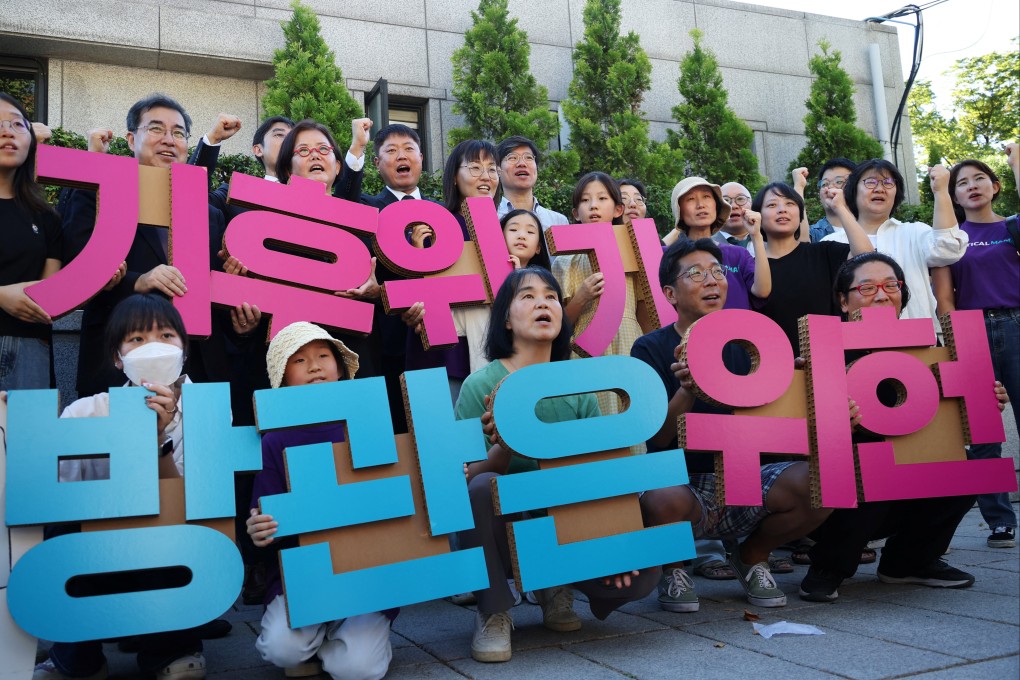Advertisement
Opinion | What Hong Kong can learn from South Koreans’ push for climate action
The lack of a sense of crisis here compared to other parts of the world signals much more must be done to engage public support for change
Reading Time:3 minutes
Why you can trust SCMP

Environmental advocates in South Korea and across Asia greeted the recent climate law decision by South Korea’s constitutional court with enthusiasm. The ruling declared that the nation’s measures to combat climate change fell short in safeguarding the rights of citizens, particularly the younger generation.
Advertisement
This landmark ruling, the first instance of climate litigation in Asia, has prompted reflection across the region.
So, is South Korea doing poorly against climate change? In 2020, it committed to achieving carbon neutrality by 2050. The passage of its Carbon Neutrality Act and the upgrade of its nationally determined contribution under the Paris Agreement to a 40 per cent reduction in greenhouse gas emissions by 2030, compared to 2018 levels, underscore its commitment.
Like South Korea, Hong Kong, with its Climate Action Plan 2050, shares the goal of achieving carbon neutrality by mid-century. But South Korea’s approach differs from Hong Kong’s, especially with its more robust Carbon Neutrality Act.
Despite such efforts, scepticism persists among South Koreans, especially the younger generation. They believe the current package of measures cannot adequately shield them from the impact of climate change.
Advertisement
Such introspection is food for thought; it invites us in Hong Kong to consider if our climate action plan is good enough to steer us away from climate risks.

Advertisement
